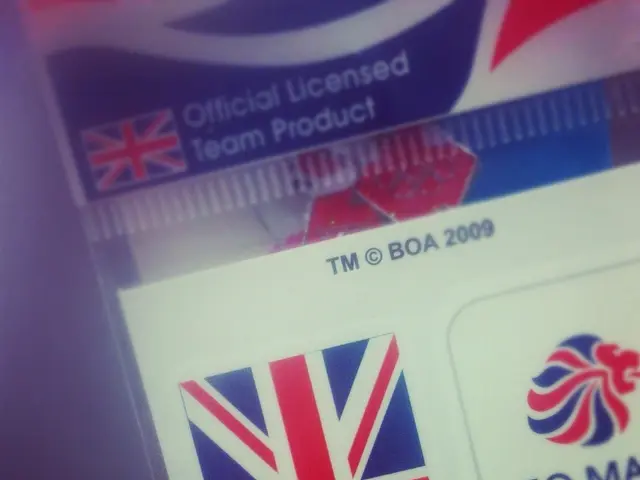Potential Data Breach at PayPal?
In recent news, a dataset containing PayPal login credentials has been circulating on darknet marketplaces, raising concerns about a potential new data breach. However, it's essential to clarify that this claim is not yet confirmed by PayPal.
The alleged dataset, which includes approximately 15.8 million records of emails, plaintext passwords, and associated URLs, could potentially facilitate credential stuffing and identity theft. However, security experts have expressed doubts about the authenticity or scale of the leak due to the low price of the data and the relatively small sample size available for expert review.
PayPal has categorically denied a new breach, attributing this data exposure to older incidents from 2022 and infostealer malware rather than a direct hack of their servers. The company has stated that the leaked information is likely tied to a 2022 security incident and malware-driven credential theft on user devices, not a new vulnerability in their systems.
In light of these uncertainties, security experts advise users to take precautions. This includes resetting their PayPal passwords as a precautionary step, enabling multi-factor authentication, using updated antivirus software, and being alert for phishing attempts. If PayPal does not assist, users should file a police report online.
It's also important to remember that users should never change their PayPal password in response to an email request, as these are often phishing attempts. Keep an eye on your PayPal account for unusual logins or unauthorized payments.
While the authenticity of the leaked data is unclear, it's a reminder for users to always prioritize the security of their online accounts. This includes creating unique and strong passwords for each website, banking app, and other service, and considering using a password manager to store and automatically enter complex passwords.
In summary, while there is a dataset being sold with PayPal credentials, it is likely not from a new PayPal breach but rather residual data obtained through older leaks and individual malware infections. Users should take precautions, but the "new" breach claims appear unsubstantiated at this time.
[1] ntv.de [2] dpa [3] Hackread [4] ZDNet [5] BleepingComputer
Read also:
- Amazon customer duped over Nvidia RTX 5070 Ti purchase: shipped item replaced with suspicious white powder; PC hardware fan deceived, discovers salt instead of GPU core days after receiving defective RTX 5090.
- Insurance company Aflac reveals cyber attack, part of a broader criminal campaign aiming at the insurance sector industry
- 17 Tech Gadgets and Add-Ons Permanently Taking Up Space in My Mental Realm
- 2022 Feature on our site: Leading U.S. Computer and Electronic Equipment Manufacturers (Presented in a Slideshow)








